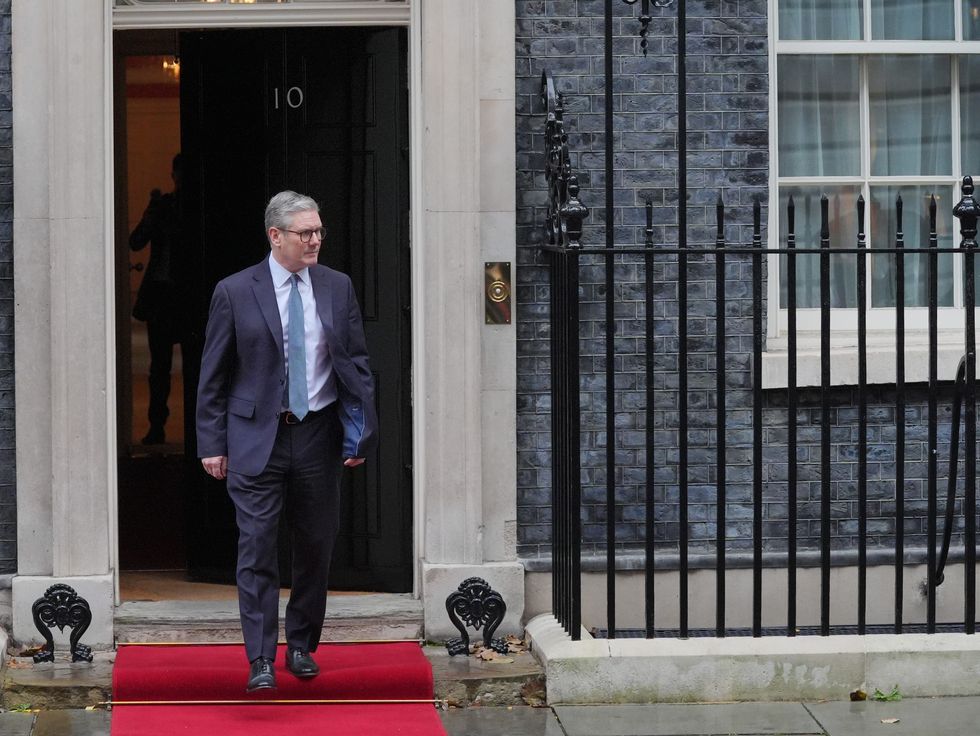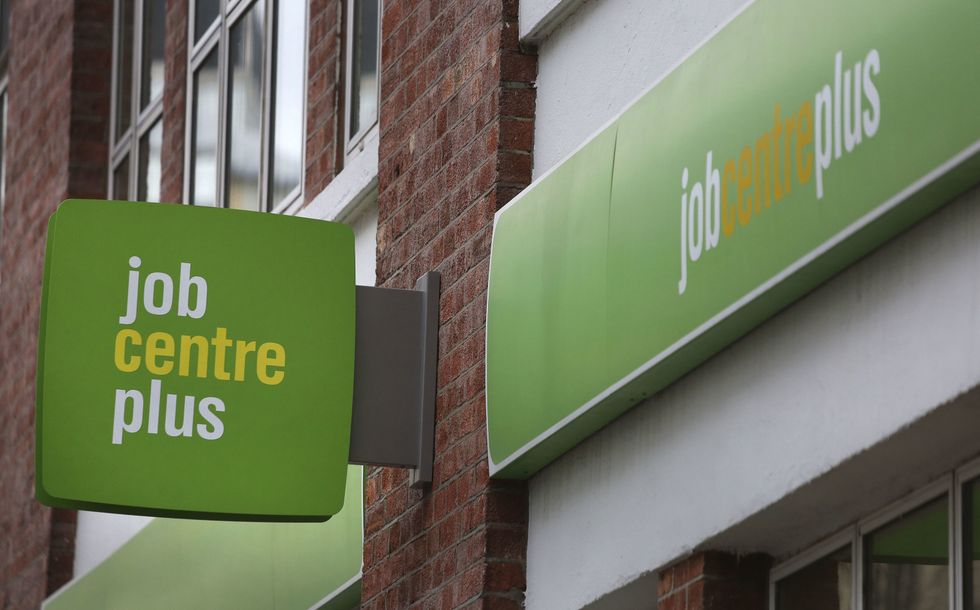Britain's benefits bill to rise by £8BILLION even if Keir Starmer imposes strict reforms - dire warning

Spending on health-related benefits is still forecast to soar by billions over the next five years
Don't Miss
Most Read
Britain's benefits bill is set to climb by another £8 billion even if Sir Keir Starmer pushes through his controversial welfare reforms, experts have warned.
According to the Institute for Fiscal Studies (IFS), spending on working-age health-related benefits is projected to rise from £36 billion to £52 billion, between 2019–20 and 2024–25.
Without reform, that figure is expected to hit £66 billion by 2029–30. However, if the reforms go ahead, spending would reach £61 billion, still £8 billion more than current levels, but £6 billion less than it would be without any changes.
While the reforms do not reverse the growth in benefit spending, they are designed to slow it by tightening access to health-related support and encouraging more people into work.
Parliament is due to vote next week on a series of benefit reforms proposed in the Government’s March Green Paper, marking a significant shift in the UK's welfare strategy.
The changes aim to redirect support away from health-related benefits and towards unemployment benefits, as ministers look to tackle the sharp rise in spending on disability and sickness-related claims.
The findings suggest that Labour’s flagship changes, which are already facing strong pushback from Left-wing MPs, will do little to stop soaring costs.
The IFS also warned that the number of people claiming disability benefits is likely to rise significantly, from 3.1 million today to 3.9 million by the end of the decade, even with tighter assessment rules.
Stricter rules are expected to include tightening the criteria for Personal Independence Payment (PIP) and capping health-related top-ups for Universal Credit.
However, analysts noted that benefit payments won't drop straight away. Instead, the Treasury is likely to make savings gradually over time as the reforms take effect.
Eduin Latimer, economist at the IFS, said: "Their effect will steadily grow as more and more claimants are assessed under the new rules, though spending – and the number of claimants – will remain above pre-pandemic levels.
"The reforms also tilt the protection the system offers – more against job loss, less against disability onset.
"These reforms have mixed effects on work incentives. The changes may lead to an overall increase in employment, though any boost to employment income is unlikely to come close to offsetting the direct income losses experienced by affected claimants."

Britain's benefits bill to rise by £8BILLION
| PAThe reforms are intended to reduce the overall working-age welfare bill by approximately £5billion annually by the end of the decade.
The IFS analysis reveals that the welfare reforms will create a "big incentive" for people to qualify for PIP as they attempt to secure other benefits.
The think tank warned: "This creates a big incentive to qualify for Pip, and claimants are likely to respond to this by making more effort at the assessment and appealing their award if they fail initially."
The IFS report stated that "one consequence of these reforms is to make the Pip assessment especially important for determining health-related benefit support."
Starmer is considering concessions to his welfare reform bill to prevent a rebellion from 126 Labour MPs who have signed an amendment to torpedo the legislation.

More than 120 Labour MPs have signed a reasoned amendment seeking to thwart the Government’s controversial welfare reform bill
| PAIn the early hours of Friday morning, Downing Street admitted that Starmer was making three major concessions to prevent the biggest rebellion of his premiership.
A No10 spokesman said: "We have listened to MPs who support the principle of reform but are worried about the pace of change for those already supported by the system.
"The package will preserve the social security system for those who need it by putting it on a sustainable footing, provide dignity for those unable to work, supports those who can and reduce anxiety for those currently in the system.
"Our reforms are underpinned by Labour values and our determination to deliver the change the country voted for last year."
Diane Abbott, the veteran Labour MP and former shadow Home Secretary, has argued the rebels "are just trying to protect disabled people".
Rachael Maskell, one of the MPs who signed the amendment, stated that the "only option is to withdraw the Bill" and return to the drawing board on welfare reform.
She posted on X: "It is clear that the UC & PIP Bill cannot and must not be saved. Any concessions will still cause harm to disabled people. The only option is to withdraw the Bill, rethink and start to rebuild trust with disabled people. Not to is not Labour."

n the UK, 9.9 million people aged 16-64 are not working and are considered economically inactive.
| PAThe Government's reforms aim to save money through two primary measures: making it more difficult for people to access Personal Independence Payments and reducing the rate of incapacity benefit.
Incapacity benefit, primarily paid through the health element of Universal Credit, goes to those considered unable to work for health reasons. This benefit will be reduced by 50 per cent in cash terms for new claimants from April 2026.
For existing claimants, payments will be held flat in cash terms until 2029-30, meaning they will not rise with inflation.
The Government estimates these two changes will save £3bn annually by the end of the decade.











